You may be interested in biochemistry, but get tired of everyone asking, “What can you do with a Biochemistry degree?” Especially if you can’t find the perfect way to answer them.
First, it is essential to define the subject. This will help you understand what jobs you can get. Also, what you will study to earn a degree in biochemistry.

More specifically, it’s the study of how chemical processes occur and affect the anatomy and biological functions of living organisms.
The world of biochemistry focuses on finding answers to serious inquiries. These are related to health research to find cures and more advanced treatments of terminal diseases.
Areas of Society that Benefit from Biochemistry Research
Biochemistry research continually aims to influence and improve society and has achieved many accomplishments thus far. Not sure whether you’re interested in pursuing a career in biochemistry just yet? Check out some of the ways it impacts everyday life.

Archaeology – helps archaeologists and historians discover details of new bits of history by investigating possible genetic traces in recent discoveries.

Law enforcement – helps identify and analyze case evidence (i.e., hair follicles) to either convict a suspect or prove his/her innocence.
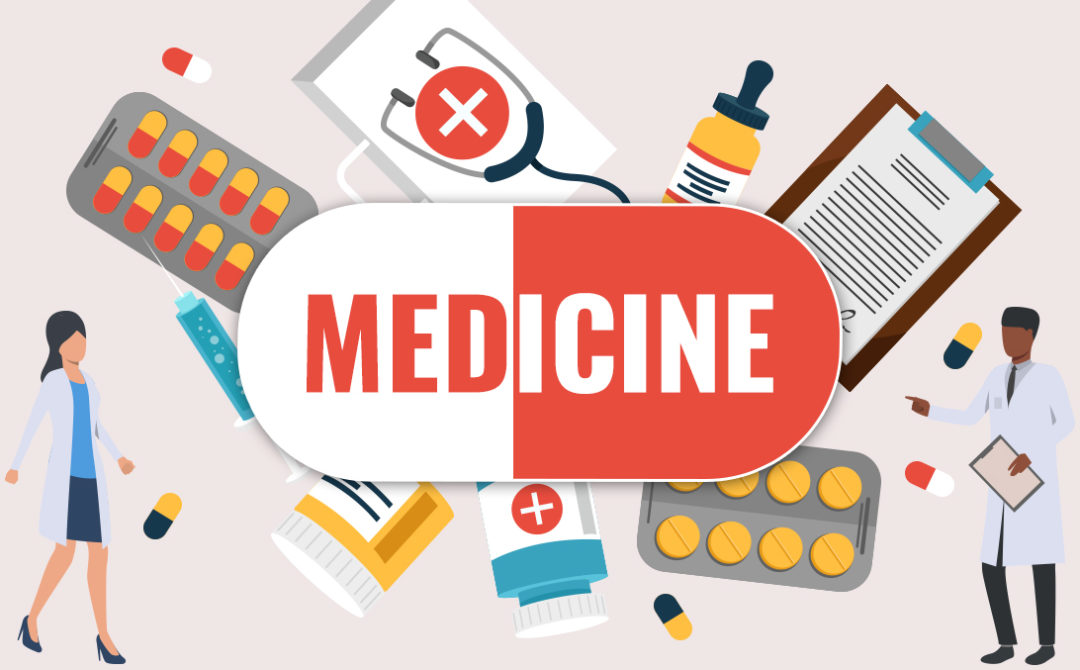
Medicine – helps identify the detection and treatment of hereditary diseases and other conditions. Research results aid in the development of medications and surgical procedures to treat and in some cases cure patients. These are suffering from life-threatening or physically and mentally harmful conditions.
How to Get a Biochemistry Degree
Before you can figure out the answer to the question “what can you do with a biochemistry degree,” you might need to know how even to obtain a biochemistry degree.
Interested in becoming that person who discovers the cure for cancer? Or someone who helps solve crimes without getting your hands too dirty? Well, perhaps earning a degree in biochemistry is the right path for you. If you plan to pursue biochemistry, get ready for a serious mix of biology and chemistry with a sprinkle of mathematics.
Founded in 1860, Simpson College in Indianola, IA, offers a major in biochemistry and a double major combining biochemistry and forensic science. This leads to careers with the potential to make ground-breaking discoveries in the world of medicine. With a student-faculty ratio of 1:14, you are guaranteed the attention you deserve to help you succeed not only in academic excellence but in the business world, as well.

The University of Wisconsin, Eau Claire offers students a unique significant combination of biochemistry and molecular biology. This particular combo focuses on molecules and how their chemical reactions influence biological makeup and functions, including the study of abnormal patterns in molecules that lead to deadly diseases. It aims to prepare students for a world in which they can search for advanced treatments and potentially cures for such diseases.

The University of California, San Diego, offers a bachelors degree in biochemistry and cell biology. Get ready for research lab opportunities with two required lab courses that will help expand not only your research skills but your mathematics and understanding of the biochemistry field. Faculty are dedicated to helping their students succeed in whatever field they choose.

Gaining Work Experience
Of course, your biochemistry degree alone will give you many of the skills that you will need to begin your profession in biochemistry. However, you may want to gain some work experience either while in college or directly after, such as an internship, to boost your chances of landing your perfect career choice.
Many biochemistry degree options at universities will offer you a placement year. This will place you directly in a research institute or laboratory, where you can gain real-world, hands-on experience in biochemistry. You could even do your placement abroad, in a different country.
Another option would be to simply reach out to these research institutes and labs to see if they have any internships or simple volunteer work. Even just doing administrative tasks for them will give you experience working in the industry, and will give you an advantage to potential employers.
What Can You Do With a Biochemistry Degree?: Careers in Biochemistry
So, again, what can you do with a biochemistry degree? Start by exploring what’s provided below.
Entry-level careers with a biochemistry degree
Here is where you will find just a sample of entry-level job descriptions to help you choose the career path that best fits you.
Biochemistry Research Assistant
As a biochemistry research assistant with the required degree in biochemistry or related scientific field, you will take part in research projects with goals to determine molecular functions and how malfunctions can create slightly inconvenient or even life-threatening diseases. You will work with biochemists and record data found during research to compile reports. Research assistants need outstanding communication and understanding skills to carry out instructions in a timely and accurate manner.
Biochemistry Research Assistant
As a biochemistry research assistant with the required degree in biochemistry or related scientific field, you will take part in research projects with goals to determine molecular functions and how malfunctions can create slightly inconvenient or even life-threatening diseases. You will work with biochemists and record data found during research to compile reports. Research assistants need outstanding communication and understanding skills to carry out instructions in a timely and accurate manner.
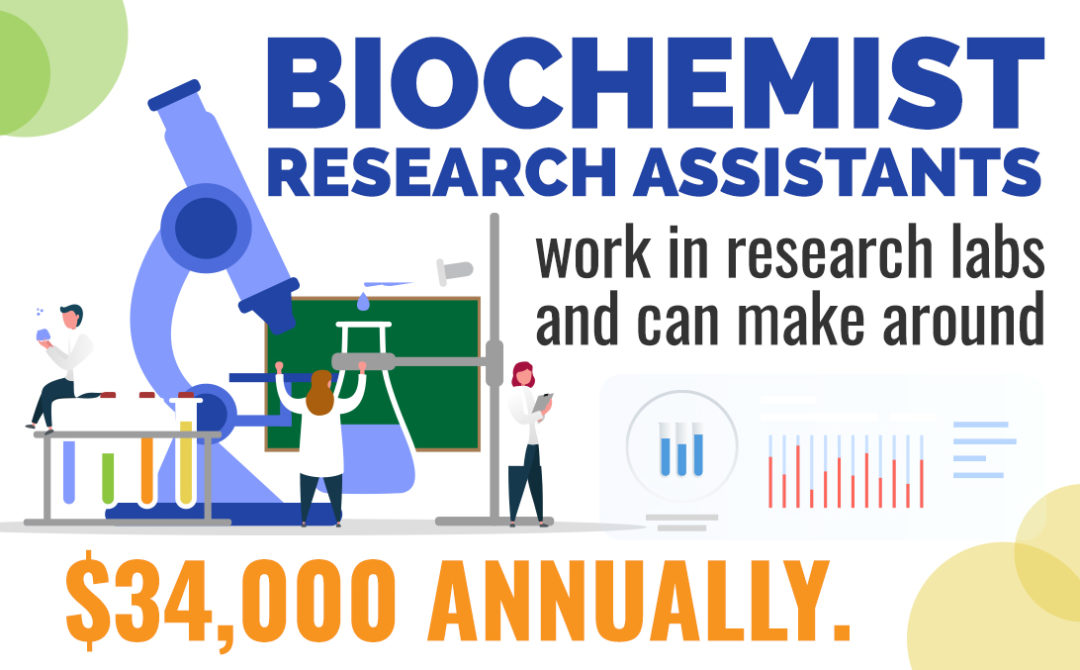
Technical Writer
To start as an entry-level technical writer in this particular area of study, it certainly helps to have earned a bachelors degree in biochemistry. Advanced and technical writing courses are highly recommended, as well.
As a technical writer in this field, you will be required to put together informational articles in academic journals that are distributed to a wide range of consumers in your subject, biochemistry in this particular instance. It is essential that you are skilled in the basics of word processors and pay close attention to specifics when writing.

Technical writers with little to no experience but proper education can earn around $36,000 a year. Pay increases with experience. If you enjoy this type of career, you can choose to remain a technical writer and earn up to $60,000 as your knowledge expands.
Cytologist
To begin a career in cytology, it is wise to obtain a strong background in biochemistry. Cytology focuses on the chemical makeup and purposes of cells taken from body tissue, and it is a cytologist’s responsibility to assess plant and/or animal cells, and they often work for clinics with which physicians consult to determine a more precise diagnosis for their patients in order to assign the best treatment options.

It is sporadic for a cytologist to interact with actual patients — this responsibility is most often reserved strictly for the physician. Cytologists spend most of their time working in laboratories collaborating with others in their field to compare findings to reach a general conclusion.
Advanced Careers in Biochemistry
Once you’ve achieved your bachelor’s degree in biochemistry, furthering your education by earning a masters or doctorate in the same or a similar field will allow many more career paths and specific jobs to become available to you. Some of these jobs and their descriptions can be found here.
Crime Laboratory Analyst
Becoming a crime lab analyst requires a bachelors degree in biochemistry and/or other related natural sciences for DNA testing and further education in forensics. High levels of experience in lab research are also highly valued by employers.
These analysts are responsible for analyzing and performing further testing on evidence gathered at the scene of a crime. Rather than working with victims or patients, crime lab analysts find themselves working in a laboratory around the clock.
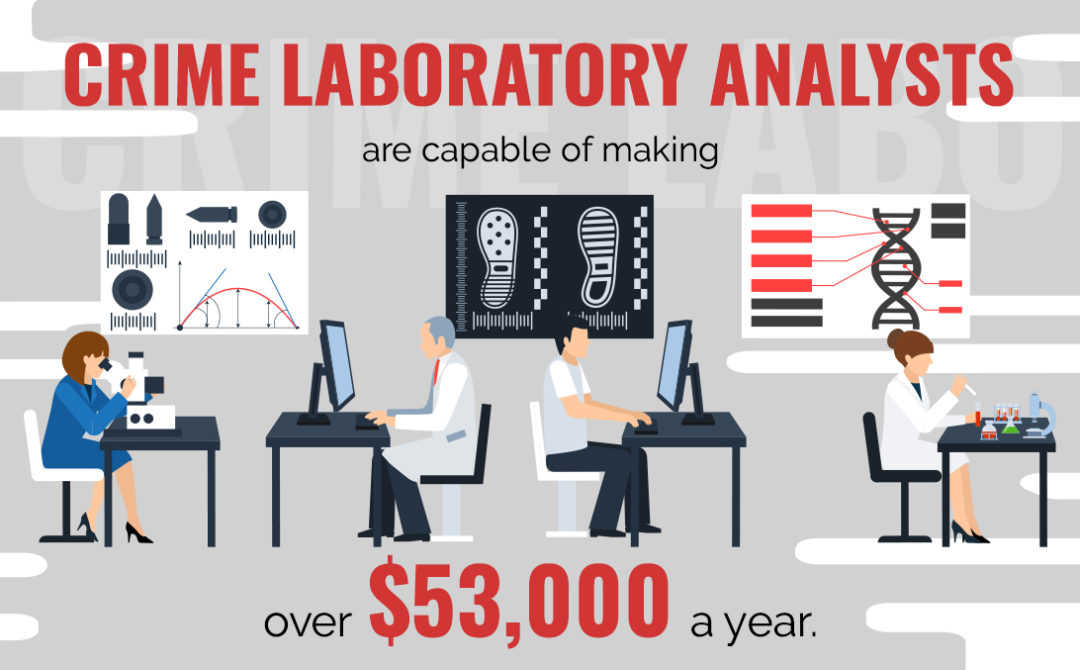
Clinical Biochemist
Clinical biochemists are almost always restricted to their laboratories in which they interpret and analyze results obtained from their research of molecular structures and their functions to determine steps that need to be taken to run further diagnostic tests on the abnormalities found.

Upon completion of their research, they consult with other clinical biochemists to either compare or seek advice on the results and what procedures should follow. They often use machinery in advanced technology to perform diagnostic tests on the molecules to get further results.
Clinical biochemists have excellent communication and research skills to accurately convey their results to one another.
These biochemists typically have doctoral degrees in biochemistry and plenty of field experience to reach results even more quickly and accurately.
Anesthesiologist
To become an anesthesiologist, you must earn not only a bachelors degree in biochemistry but further your education in the medical field by earning at least a masters degree.
Anesthesiologists provide health care throughout the process of surgeries from beginning to end. They prescribe patients with the pain relief medication and other forms of medicine necessary to help recover from surgeries.

For this reason, they must have excellent communication skills and compassion for patients in need. They must also be knowledgeable about the types of medication and potential accompanying side effects to provide further care for their patients if needed.
Additional Career Options for a Degree in Biochemistry
If none of the career options listed above sound like a good fit for you, there are plenty of other options in the biochemistry world. These are all positions that would be directly related to your degree, and even require a biochemistry degree.
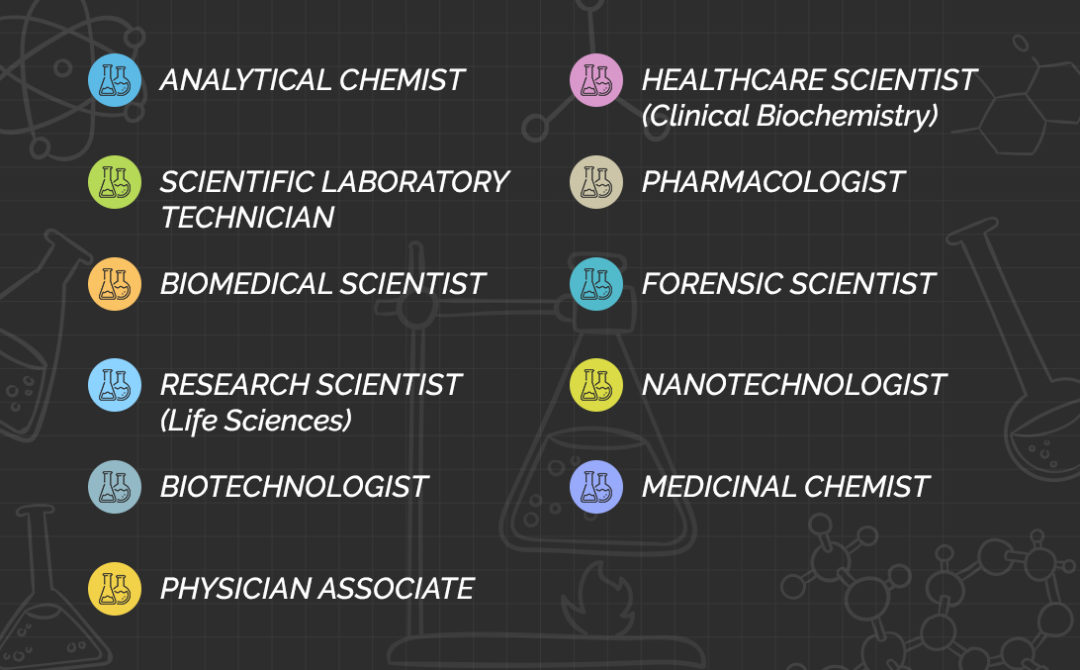
Still not finding anything that seems interesting to you? Well, you’re probably not interested in a career directly related to biochemistry then. However, there are numerous other job positions that are somewhat related to your degree, and you can use your biochemistry degree knowledge and apply it to these jobs.
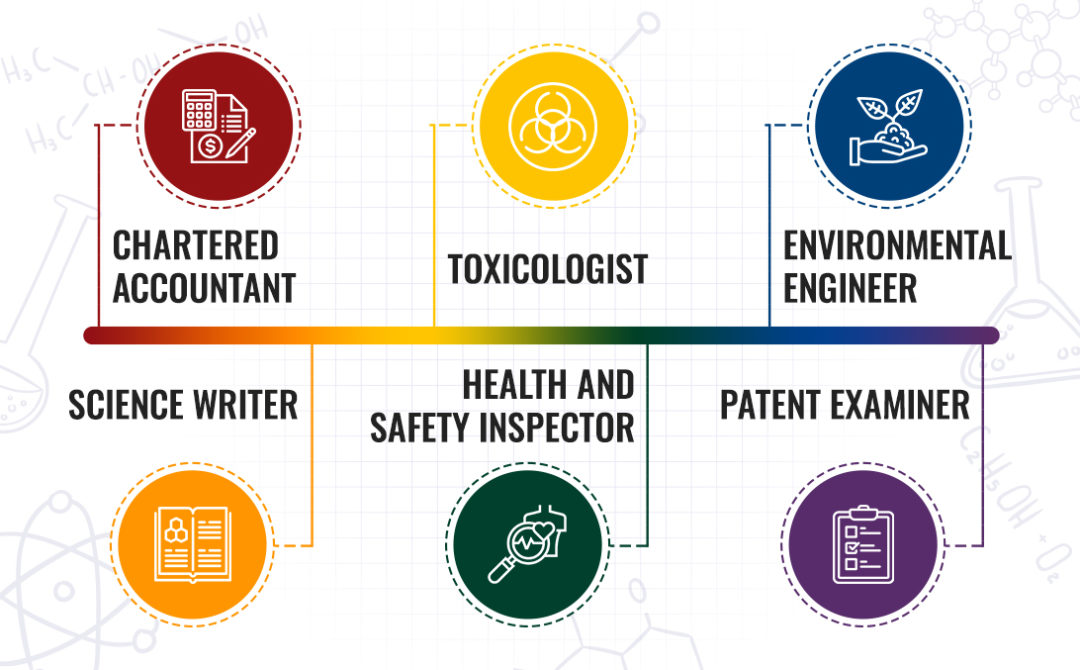
Companies that Hire Individuals with Degrees in Biochemistry and Related Fields
Below is a list of popular companies that search for individuals with knowledge and experience in the field of biochemistry and other natural sciences.
U.S. Centers for Disease Control and Prevention (CDC) – helps educate people around the country on specific diseases and how to protect themselves from those diseases; hire positions for medical officers, physicians, medical research analysts, etc.
U.S. Food and Drug Administration (FDA) – assures safety and security of legalized prescription drugs, medical devices, food supply, cosmetics, etc.; hires in areas for drug evaluation and research, toxicology research, veterinary medicine, science and engineering labs, etc.
U.S. Environmental Protection Agency (EPA) – headquarters in Washington, D.C.; aims to protect human health as well as the environment; jobs as well as internships available in criminal enforcement and forensics, children’s health protection, etc.
Joule Scientific Staffing Solutions – located in Edison, NJ; staffing agency for scientific fields; hires various biochemistry positions as well as other scientific researchers and public relations positions.
Answering the Question “What Can You Do with a Biochemistry Degree?”
A bachelors degree in biochemistry is just the beginning step in landing the job of your dreams, whether it be in forensic science or a position for the FDA. Check out higher education learning facilities that offer fantastic biochemistry programs to help you get started on your journey today.



Pingback: Planning to Get Into The World of Biochemistry | Off-to-College Board
Pingback: What Can You Do With A Physiology Degree? - WithMyDegree.org